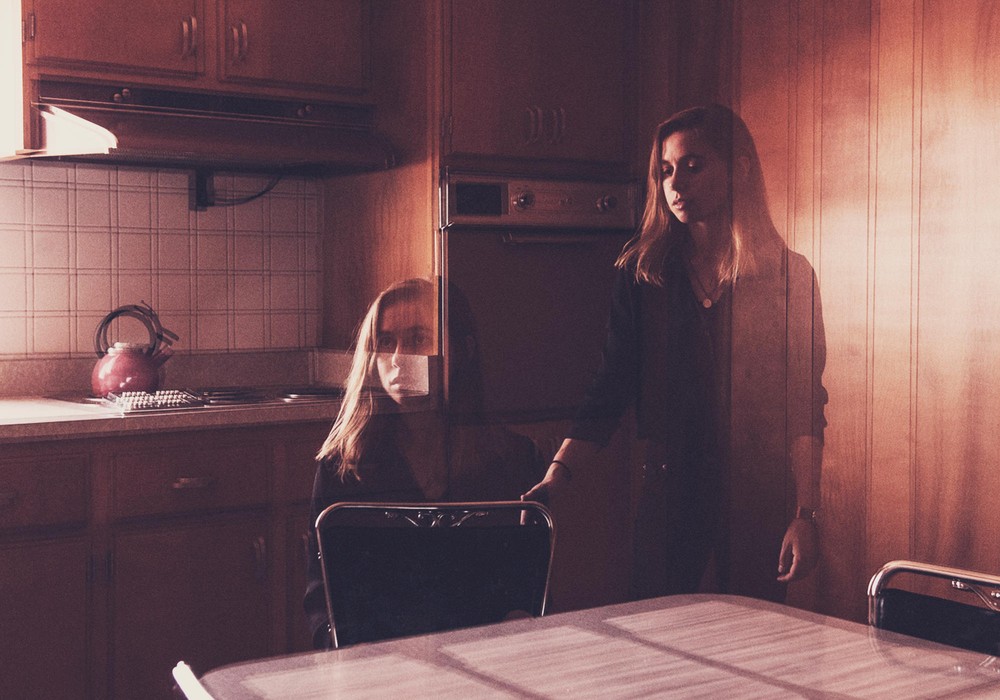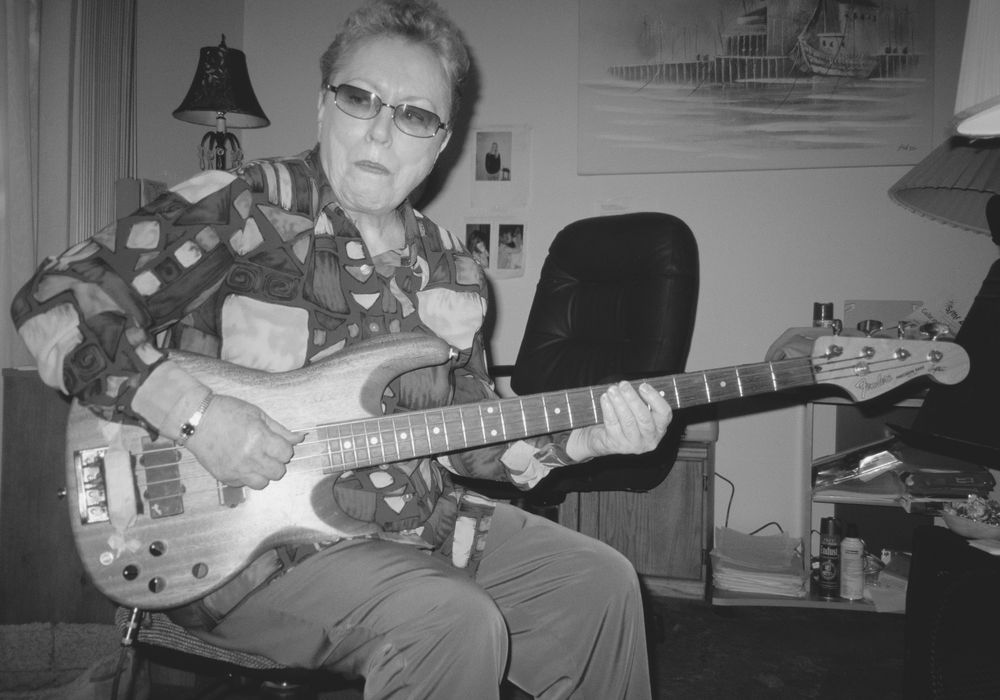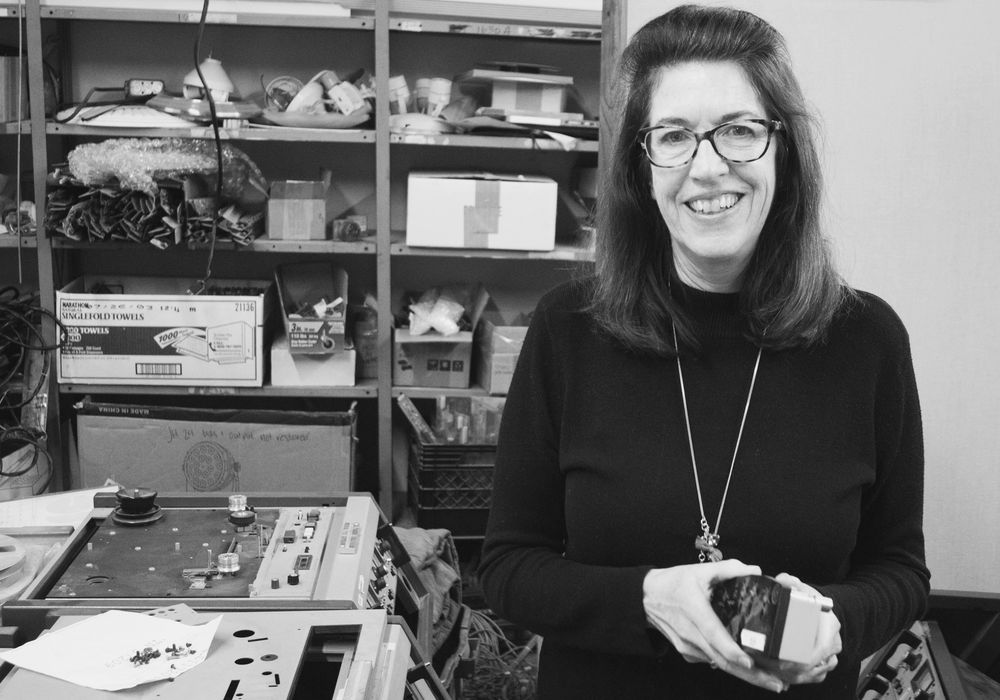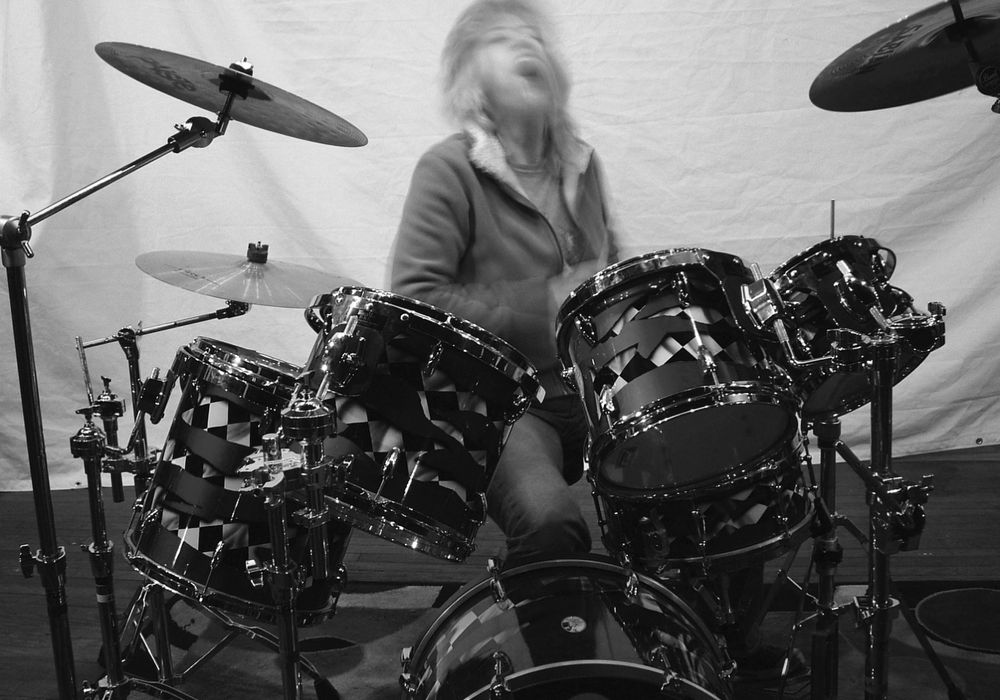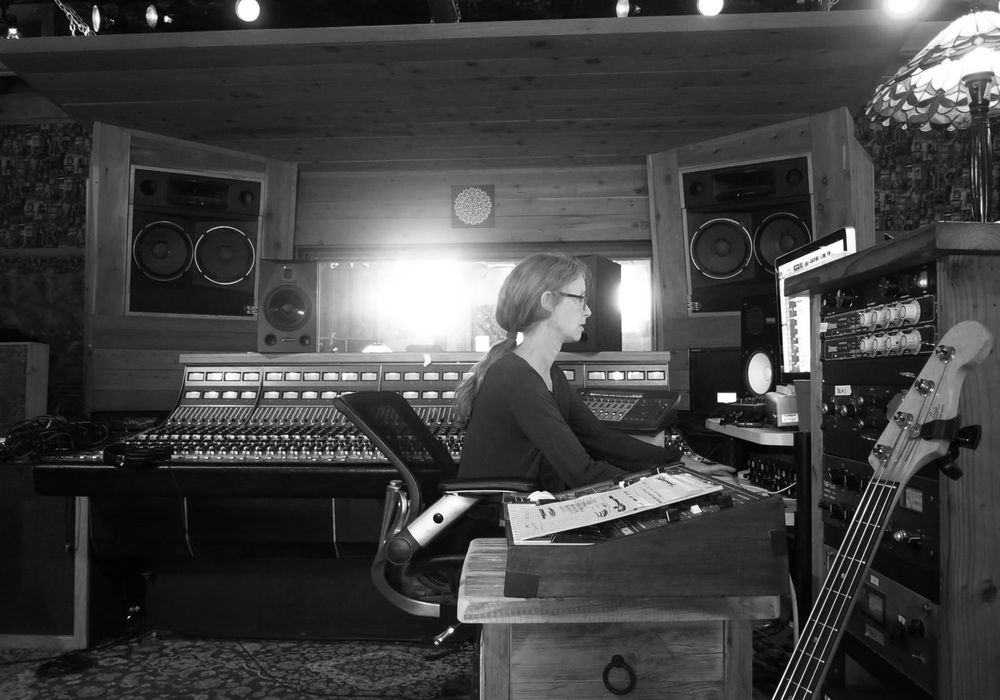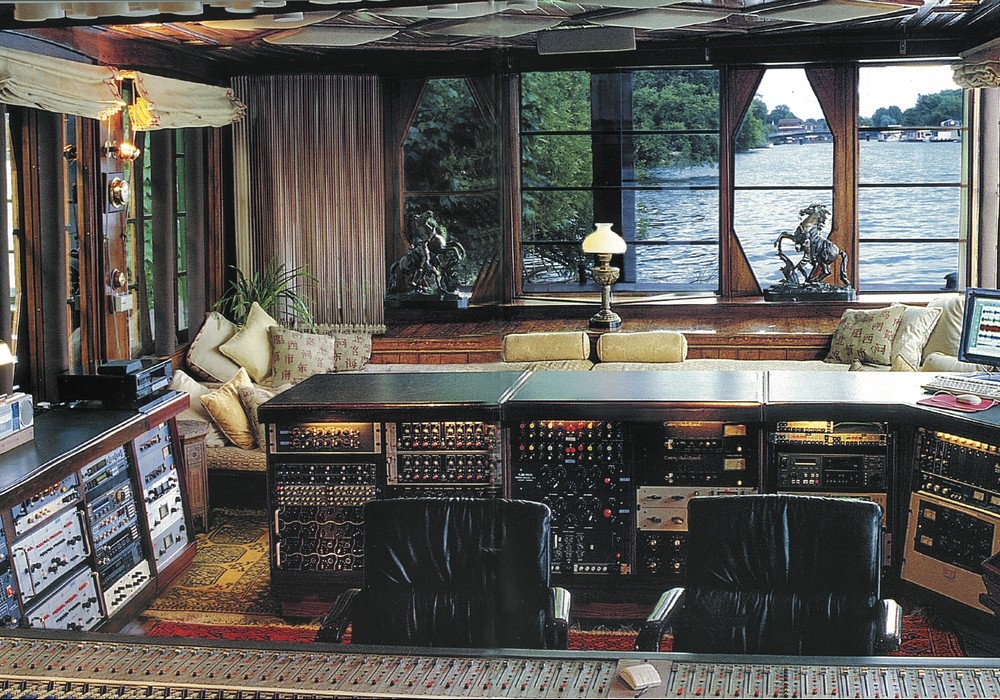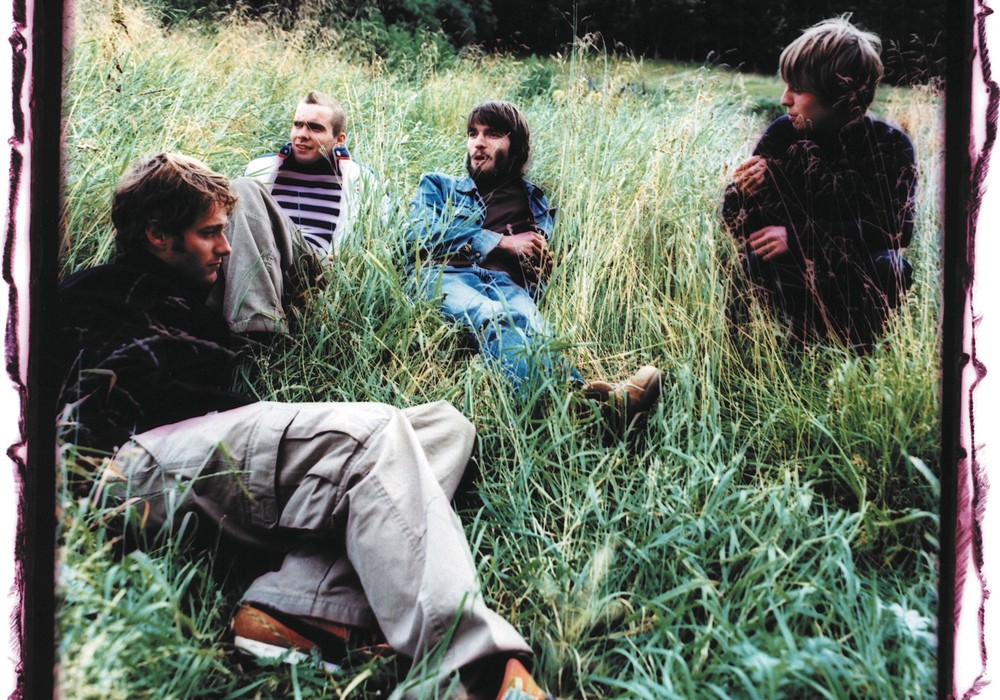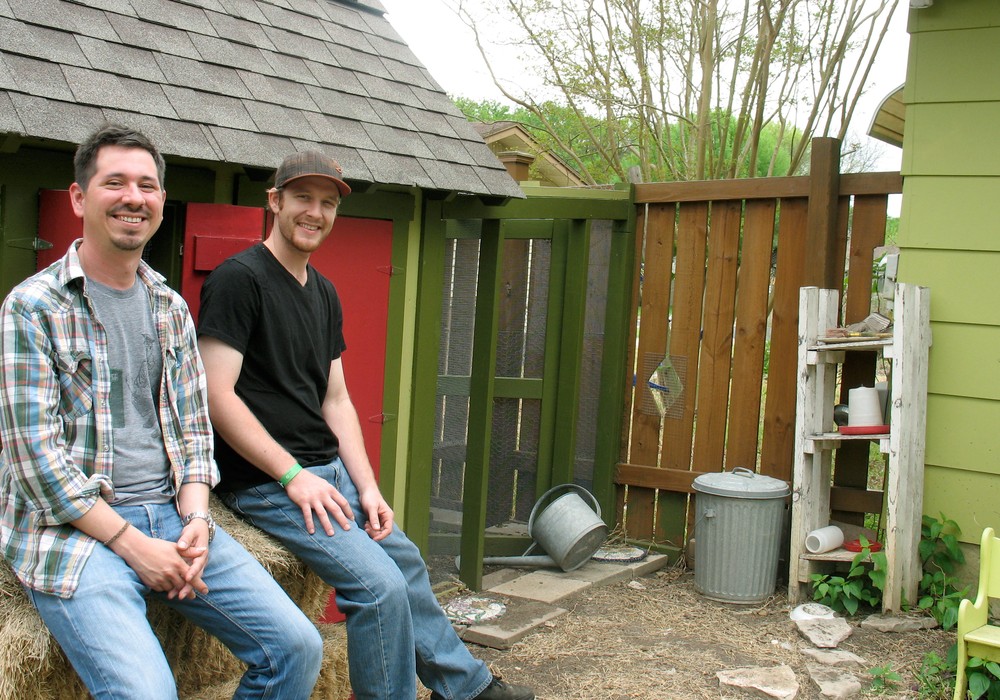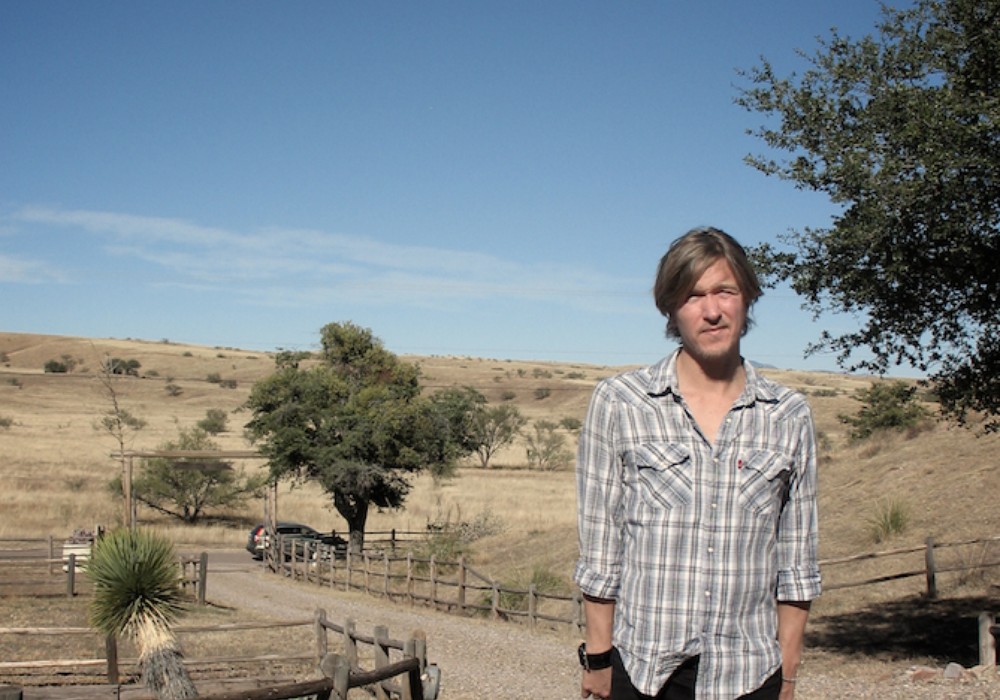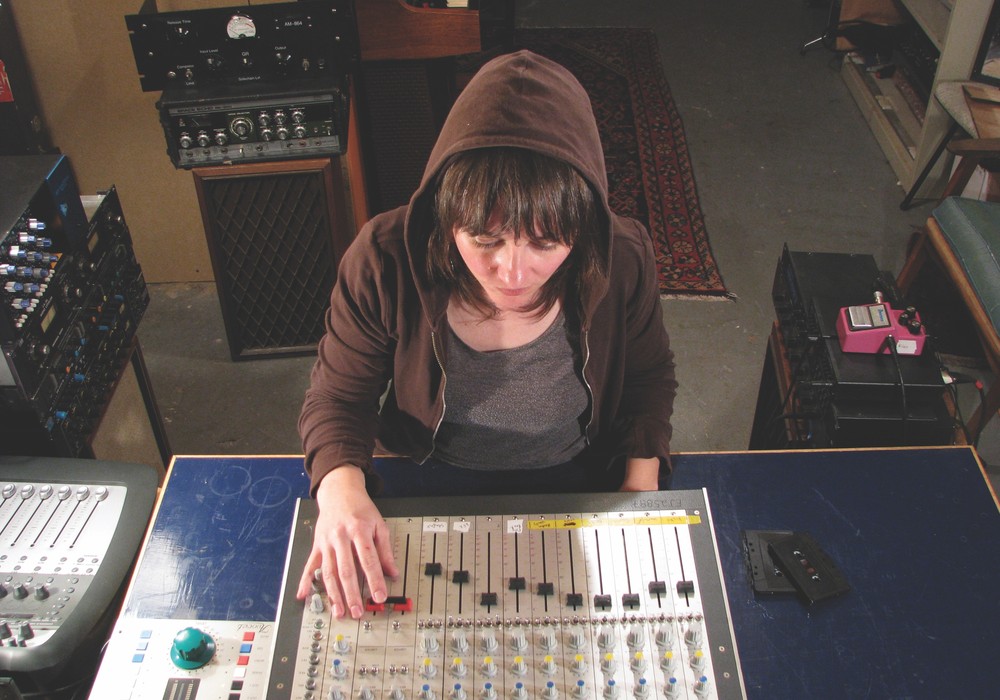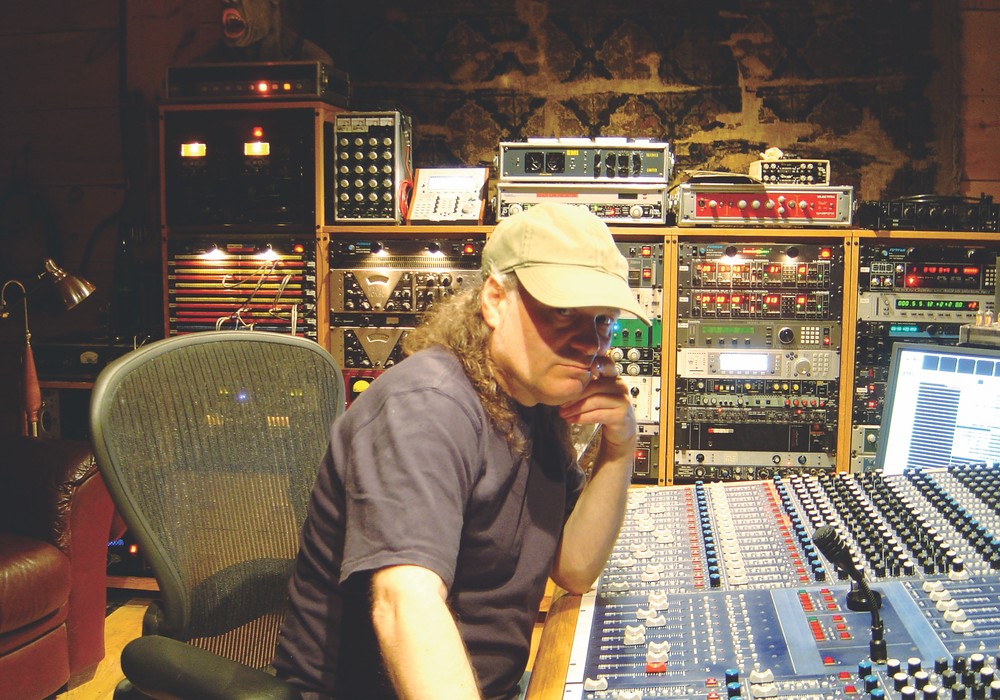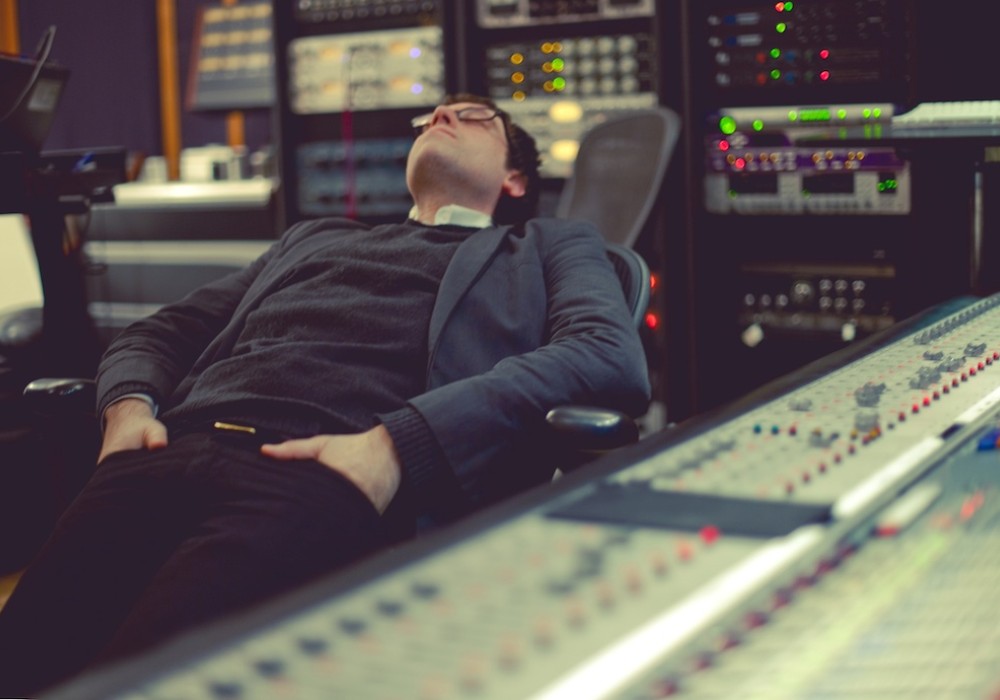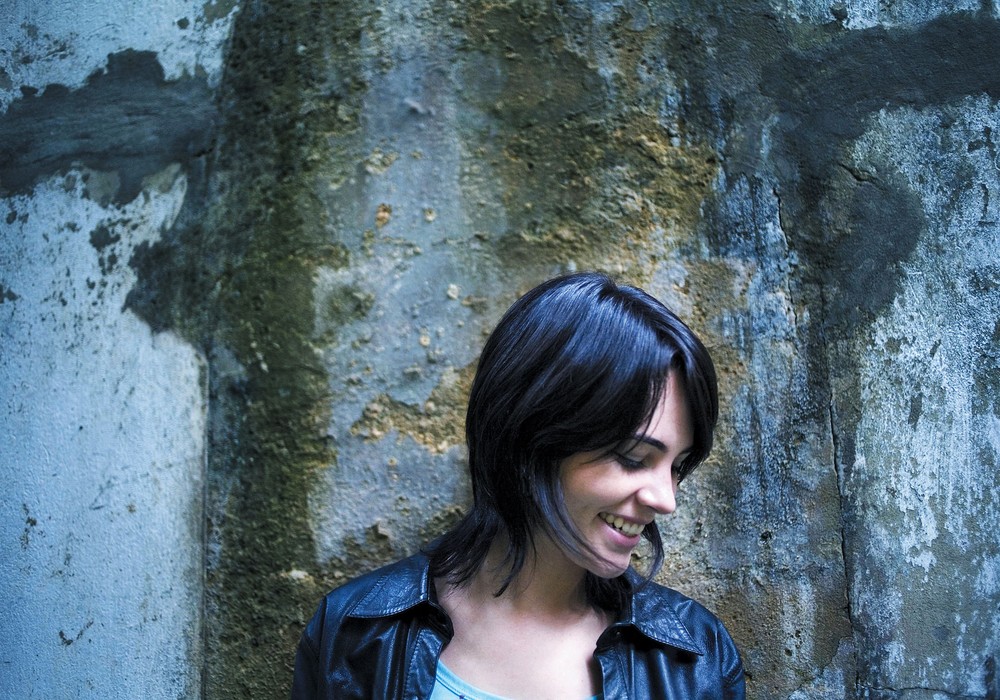Julien Baker is more visible than ever. After her low-budget debut, Sprained Ankle, made nearly every best-of 2015 list, the 21-year-old Baker signed with Matador Records and went home to Memphis to record her next record at the legendary Ardent Studios [Tape Op #58]. Turn Out the Lightswas released in October of 2017 to massive acclaim from critics, and was met with extreme devotion from audiences. It is the rare record that one can wholeheartedly describe as both monastically spare and cinematically epic, putting her in the heady company of Tori Amos, Nina Simone, and Jeff Buckley. We caught up with Julien shortly after her return to Tennessee from a quick tour of Japan to talk about guitars, Ardent, Craig Silvey, reverb, and doing more with less.
Turn Out the Lights is really beautiful.
Oh, thank you!
I find it difficult to disconnect from it emotionally for a while after I've turned it off, which is the sign of a quality record.
That means a lot to hear. Thank you.
You made it at Ardent in Memphis, but you did your previous album, Sprained Ankle, at a studio in Virginia, right?
Yeah. Spacebomb Studios. Most of the songs on Sprained Ankle were recorded at Spacebomb, but there are two on there (two with percussion, "Vessels" and "Brittle Boned") that were recorded at Cody Landers' house. He's an incredible engineer.
Were you recording yourself before that?
When I was in high school, the band I was in [The Star Killers, later known as Forrister] put out a full-length [American Blues] album that we recorded entirely in Cody Landers' attic. We were all kids, and he took on this project because we were his friends. It was a labor of love, as well as a learning experience. We had no idea what to ask for and what sounded good. It's funny, looking back now on what we were trying to emulate.
What were you trying to emulate?
Well, Matthew [Gilliam] – the drummer and one of my closest friends – our biggest influences are probably Manchester Orchestra and Circa Survive. We wanted to sound big, bombastic, and theatrical, but with sinewy, reverb-y guitars. The other guitarist listened to Wilco, Guster, and folk-adult-rock. It ended up sounding half like Whiskeytown and half like Sunny Day Real Estate. Those are mixed very, very differently. Also, and this is true with youth, is that everything is more exaggerated. You want things as more drastic, colorful caricatures of themselves. I always wanted a 30-second reverb tail on my vocals. The guitars had to be super loud. Matthew had the biggest snare that was sold at the local music store, because everything had to be so powerful. A better way to put it is that it lacks taste or restraint. I learned so much every day, after school sitting in front of Cubase and crafting a record. Before I ever went to MTSU [Middle Tennessee State University], that's how I learned how automation works, why you track drums first, or why you don't want to put a whole bunch of reverb on the drum kit, even though it sounds cool as an idea.
You went to MTSU to study recording?
I did. I went to MTSU because they had a really notable and reputable recording industry program, but my thing was always live sound. There's an audio engineering major, and within that you can specialize in recording arts or live sound. I don't have the meticulous drive to pick apart a waveform in a DAW. I make my own demos, but they're simply for mapping out songs. I can't sit there and master forever. When I was a kid I learned how to use a PA, and then they would let me run the console at shows. I thought, "Well, I could do that. I know how to do simple circuits, so maybe I could work at a repair shop repairing guitars." I went to school to learn that, systems optimization, and building stages at festivals. But because we were all in the same program – all of my friends who were wearing their headphones around their neck and mixing at the campus Starbucks – those were the people who would say, "Hey, I have some extra studio time. Do you want to come in and record?" I think that it is important to keep yourself open to opportunities to gain experience.
You've got to get in there.
Hands-on experience taught me so much. I took so many classes on systems optimization, signal flow, and live sound mixing. But what taught me how to find my way in a live sound setting was doing sound for bands at venues. What taught me how to act, how to vocalize what I wanted, or the protocol inside a recording...


